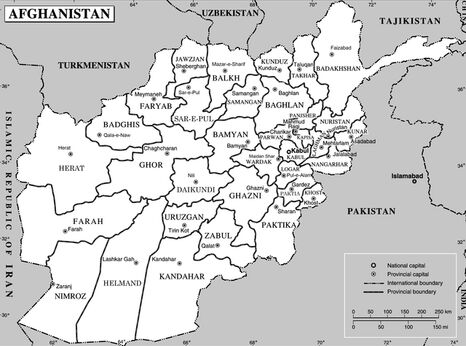Spike in violent attacks on human rights defenders

After two years of research, campaigning and advocacy by Amnesty International and other civil society organizations, the government of Afghanistan issued a Presidential Decree establishing a Joint Commission for the Protection of HRDs. More than three months have passed since then with no steps taken to make it a functional protection mechanism, despite deteriorating security situation in the country.
In December 2020, merely days after the Presidential Decree on the protection mechanism was issued, women’s rights activist Freshta Kohistani was killed by a group of unidentified gunmen in Kapisa province. A day prior to that, another prominent activist Mohammad Yousuf Rasheed was killed after being ambushed and shot by unidentified gunmen in Kabul. These incidents are on the rise in Kabul as well as in other provinces, where the activists are mostly targeted on the roads. There have also been incidents of explosives being delivered to homes, threatening calls and various other intimidation tactics that make the activists and their families feel extremely vulnerable. There are multiple hit-lists (lists of people to be killed) in circulation as well.
Currently, discussions are ongoing on resuming peace talks but the future looks extremely uncertain for the Afghans. United Nations Assistance Mission in Afghanistan (UNAMA) issued a special report in February 2021 stating that there is “sharp and chilling number of killings of human rights defenders and journalists in Afghanistan” – a total of 65 HRDs killed within last two years.
Human rights defenders play an integral role in Afghan society and have promoted civic education, awareness of human rights, carried out their own research into human rights violations and abuses through ‘shadow reports’, and advocated for the protection of human rights.
In speaking up for and working to defend human rights, human rights defenders in Afghanistan are continuously facing intimidation, harassment, threats, and violence – from both the authorities and armed groups. As highlighted in Amnesty International’s 2019 report Defenceless Defenders: Afghanistan’s Human Rights Community Under Attack and against the backdrop of escalating and widening violence across the country, the civic space within which they are able to operate has shrunk dramatically.
The Constitution of the Islamic Republic of Afghanistan guarantees key human rights. Article six of the constitution says that “the state shall be obligated to create a prosperous and progressive society based on social justice, preservation of human dignity, protection of human rights…” Articles 21 to 59, inclusive, guarantee human rights including, the right to equality before the law, the right to life, the right to liberty, the right to a fair trial, the prohibition against torture, the right to legal representation, the right to freedom of expression, the right to association, the right to peaceful assembly, the right to freedom of movement, the right to education, the right to work, and the prohibition on forced labour.
Afghanistan has also ratified several UN treaties on human rights, including the Convention Against Torture and its optional protocol, the International Covenant on Civil and Political Rights, the Convention on the Elimination of All Forms of Discrimination Against Women, the International Convention on the Elimination of All Forms of Racial Discrimination, the International Covenant on Economic, Social and Cultural Rights.